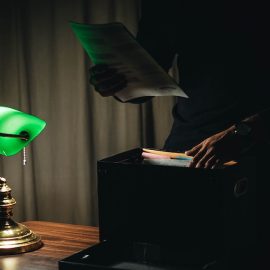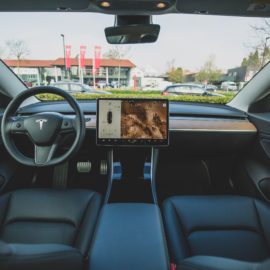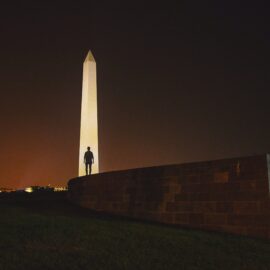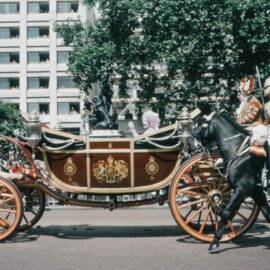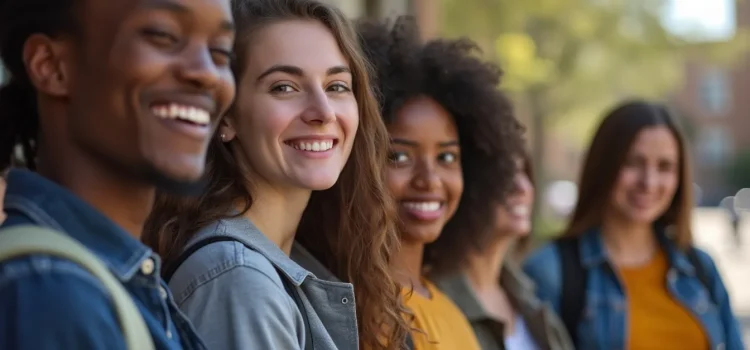
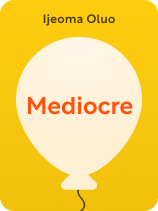
This article is an excerpt from the Shortform book guide to "Mediocre" by Ijeoma Oluo. Shortform has the world's best summaries and analyses of books you should be reading.
Like this article? Sign up for a free trial here.
How has the history of college admissions shaped our current educational landscape? Why do conservative politicians deride higher education?
Ijeoma Oluo’s exploration of higher education and race reveals a complex history of exclusion and change. In her book Mediocre, she examines how American universities were initially designed for wealthy white men and how this legacy continues to impact our educational system today.
Continue reading for Oluo’s analysis of race and American educational institutions.
Higher Education and Race
In her book, Oluo shares an interesting angle on the intersection of higher education and race. She asserts that one way white male supremacy reacts to social change is by disavowing institutions that were once (but are no longer) the exclusive domain of white men. Oluo says that American higher education was initially formed for the benefit of white men from wealthy backgrounds. She notes that these institutions made explicit efforts to exclude women as well as racial and religious minorities—efforts that extended into the 20th century until civil rights gains and affirmative action policies in the 1960s forced colleges to integrate.
(Shortform note: Oluo highlights that many schools discriminated against or outright excluded applicants from racial, religious, and other minority groups. But some universities went beyond racist admissions policies to advance segregation in their surrounding communities. For example, in the mid-20th century, administrators at the University of Chicago helped devise housing covenants in order to “protect” the neighborhoods surrounding the campus. Later, the school took steps ranging from raising rents for campus housing to organizing a lobbying group with other universities—all in the name of maintaining white college communities.)
Oluo says that, once higher education stopped being the exclusive domain of white men, it in turn became less of a marker of higher social status. She suggests that this loss of exclusivity is the real reason why many of today’s conservative politicians deride higher education for what they allege are its excessive costs and liberal bias.
(Shortform note: Another explanation for why conservative politicians speak out against college education is that it often acts as a catalyst for students to develop more progressive viewpoints. This is not due to “liberal bias” in education, but simply because college campuses bring together individuals from many different cultural, economic, and social backgrounds. For many students, college is their first time outside of whichever cultural bubble they grew up in. This exposure to diverse individuals tends to promote increased empathy and understanding of different perspectives, which aligns closely with progressive ideals of empathy and cooperation—the same effect is observed in people who live in urban areas as opposed to rural areas.)

———End of Preview———
Like what you just read? Read the rest of the world's best book summary and analysis of Ijeoma Oluo's "Mediocre" at Shortform.
Here's what you'll find in our full Mediocre summary:
- Why underqualified white men are in powerful positions
- How toxic white men have reacted to social progress
- The presence of white supremacy in American football


